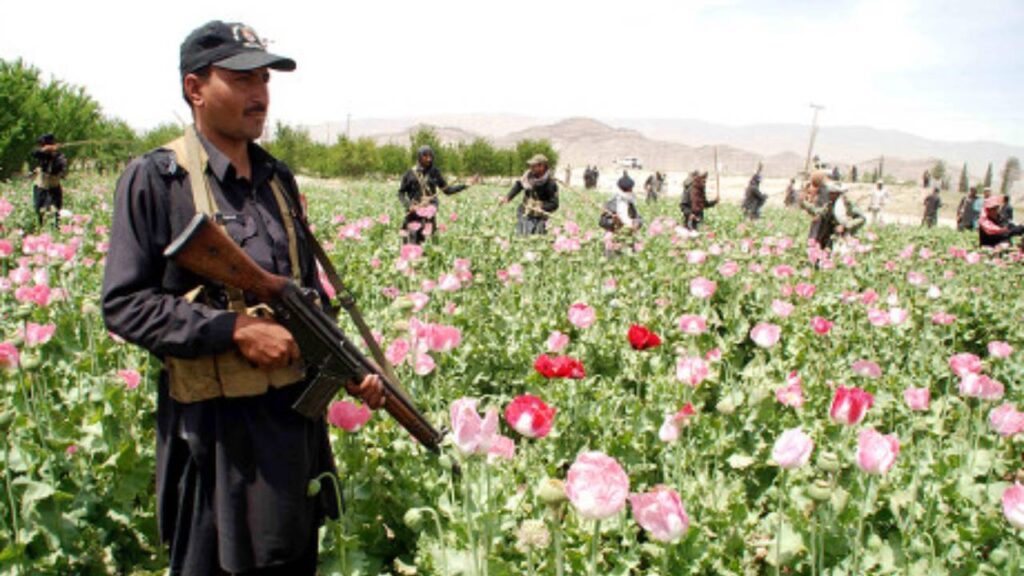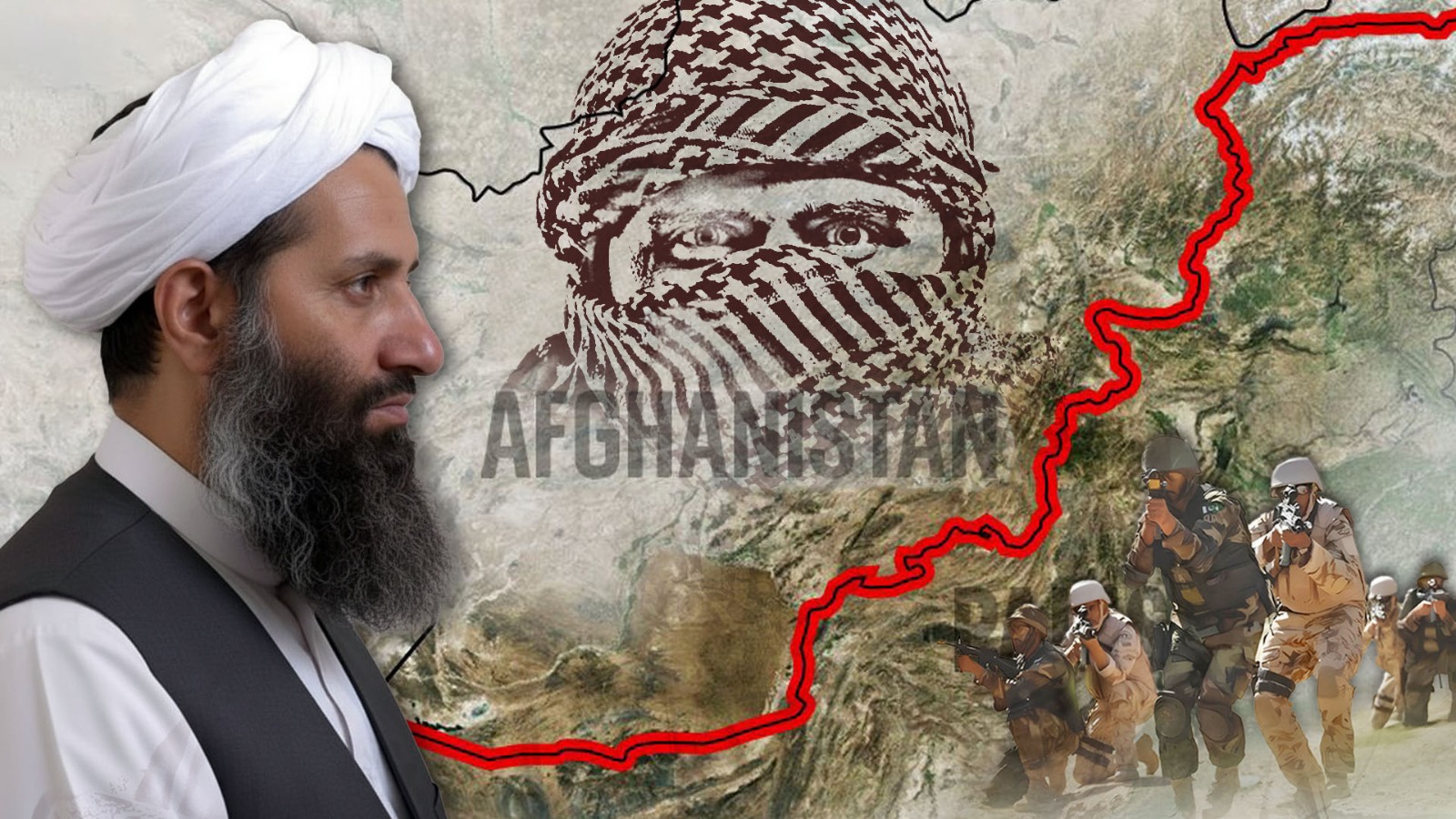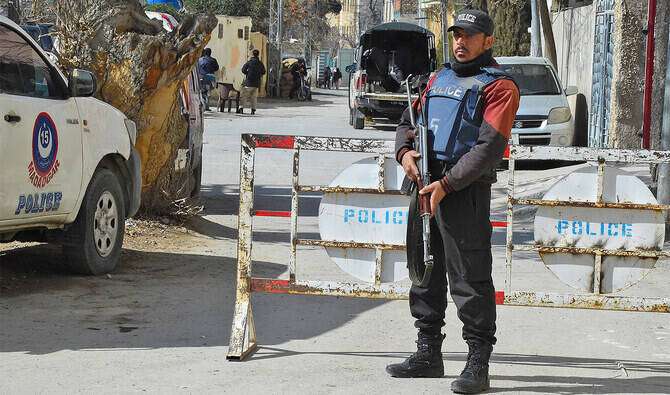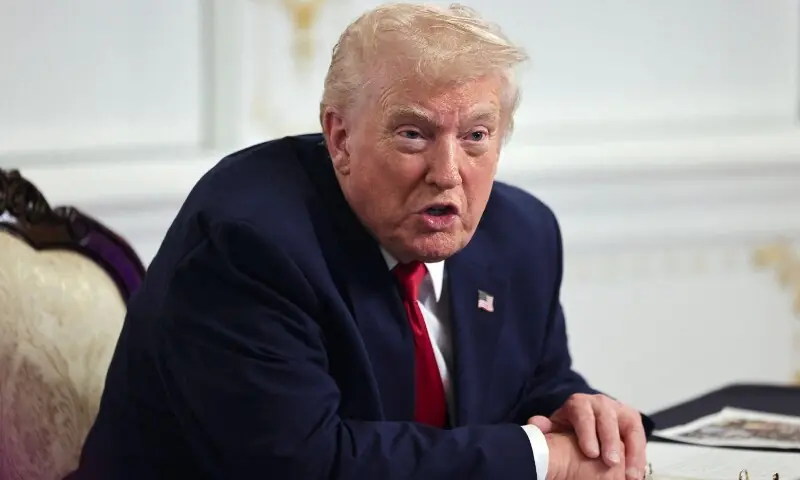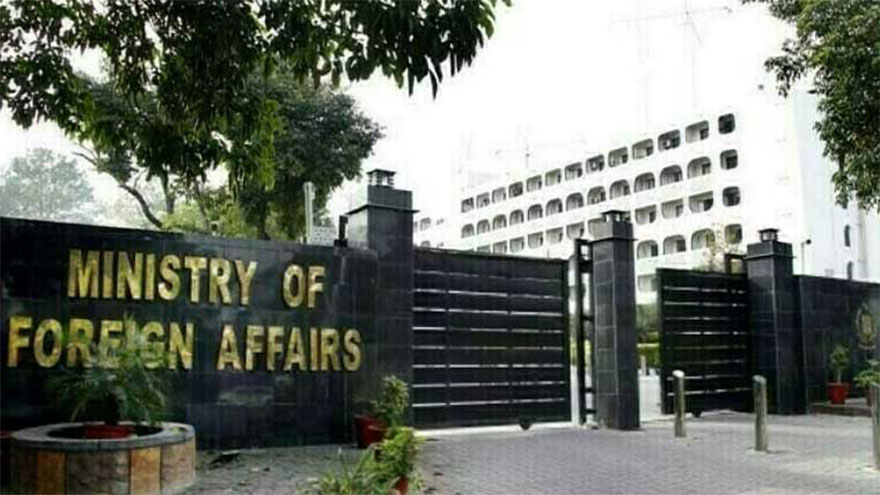The Telegraph article “New Opium Capital” has portrayed Pakistan as the new global hub for the cultivation and trafficking of opium. The article seems deeply misleading and disregards the significant measures Pakistan has undertaken to curb narcotics. Pakistan has never been complicit in the opium trade, given the strict legal framework that remains in place to fight the menace of narcotics. Besides developing a robust legal framework, Pakistan has partnered with global institutions to combat the dual hazard of terrorism and drugs. Reports such as the one released by the Telegraph undermine the efforts Pakistan has undertaken over the years to curb drug trafficking and violent extremism.
Such narratives seem carefully orchestrated and are designed to undermine Pakistan’s efforts against international terrorist groups such as Daesh. In recent months, Pakistan has fearlessly taken measures against ISKP- the regional affiliate of ISIS. The arrests and handing over of important ISKP fighters to Turkey and the U.S demonstrate Pakistan’s resolve against ISKP. The opium narrative seems a false rebuttal of the achievements Pakistan has secured against ISKP. The article seems to be a detractor to conceal Pakistan’s successes against the global menace of terrorism. Such articles serve as a tactic to malign the sacrifices Pakistan has made as a global partner in the fight against terrorism.
The position of Pakistan on opium and related drugs remains unambiguous. In Pakistan, a complete legal system remains in place that prohibits cultivating, storing, selling, and purchasing opium in all forms. The cornerstone of Pakistan’s policy against opium is the Control of Narcotics Substances Act (the CNSA). Developed and promulgated in 1997, the CNSA has emerged as a powerful legislation that outlaws opium possession in all forms. The law suggests severe punishments that range from two years of imprisonment to the death penalty (depending on the nature of the crimes involved). The stringent legal mechanism against opium has made it clear that Pakistan pursues a complete zero-tolerance policy on narcotics.
Pakistan Penal Code (the PPC) is yet another legal framework that reinforces Pakistan’s legal mechanism against opium cultivation, possession, and export. Sections 9 and 11 of the PPC, if read together with CNSA, criminalize any sort of narcotics-related activity. This dual mechanism assures that no loopholes remain in the legal system that can be exploited against the state. Also, these laws ensure that no offender dodges the legal instrument in their favor. No amount of legal evidence in favor of offenders can ignore prohibitions against the trade and cultivation of opium.
Legislation can only work if it is enforced correctly and promptly. For this purpose, Pakistan has heavily invested in institutional building for carrying out the right execution of its laws. Pakistan’s Anti-Narcotics Force (the ANF) serves as the dedicated institution for countering the production, trafficking, and smuggling of narcotics. For this purpose, ANF conducts operations nationwide to intercept consignments and arrest the traffickers. ANF also pursues legal action against offenders and prosecutes them in the Court of Law. The interdiction record of the ANF is the strongest in South Asia, with tons of seizures of drugs, including opium.
The enforcement of laws is not an isolated effort. For this purpose, the ANF collaborates with the provincial Police forces, the security units deployed in border areas, and in some cases with international partners for dismantling the network of drugs. Instead of acknowledging Pakistan’s consistent efforts against drug trafficking and opium harvesting, the Telegraph has seemingly cherry-picked a few incidents to paint them as representative of the entire country. Such an approach not only distorts reality but also undermines the journalistic credentials of the Telegraph. This report has twisted reality and undermined the hard gains of Pakistan against the opium struggle.
Besides enforcing a legal framework at home, Pakistan is a signatory to the 1961 Single Convention on Narcotic Drugs. As a signatory, Pakistan remains obligated to eliminate the illicit cultivation of opium and restrict its use solely for medical purposes. Pakistan also actively partners with the Office on Drugs and Crime of the UN (the UNODC). Pakistan, together with the UNODC, administers projects that are focused on cross-border cooperation, sharing of intelligence, and capacity building of institutions for interdicting the trafficking of narcotics. These partnerships at the global level posit that Pakistan remains part of the solution and not part of the problem. It therefore remains illogical for media outlets to position Pakistan as the hub of opium export.
There are reasons for the emergence of such propaganda against Pakistan. Pakistan is actively pursuing a fight against ISKP and carrying out intelligence-driven campaigns against the group. Pakistan’s anti-Daesh campaign has degraded the influence of this group in South Asia. By dismantling ISKP, Pakistan has directly weakened ISIS’s influence in South Asia and Central Asia. It is because of these successes that such propaganda campaigns are launched to malign the image of Pakistan. In short, such an article serves as an effort to shift achievements to accusations.
Rather than engaging with evidence, the platform resorted to agenda-broadcasting of the story. This attempt is not balanced reporting, but instead a narrative to discredit a state that has fought on the front lines in the war against terrorism. To equate Afghanistan and Balochistan in the decades-long opium crisis remains an intellectual dishonesty. Afghanistan has historically produced 90 percent of the world’s opium, while Pakistan has always acted as a shield for intercepting narcotics before they reach the global market.
Author
-
The author is a freelance writer who writes about the security dynamics of KP. He has an MS degree in strategic Studies and occasionally contributes to Research forums on his subject.
View all posts

